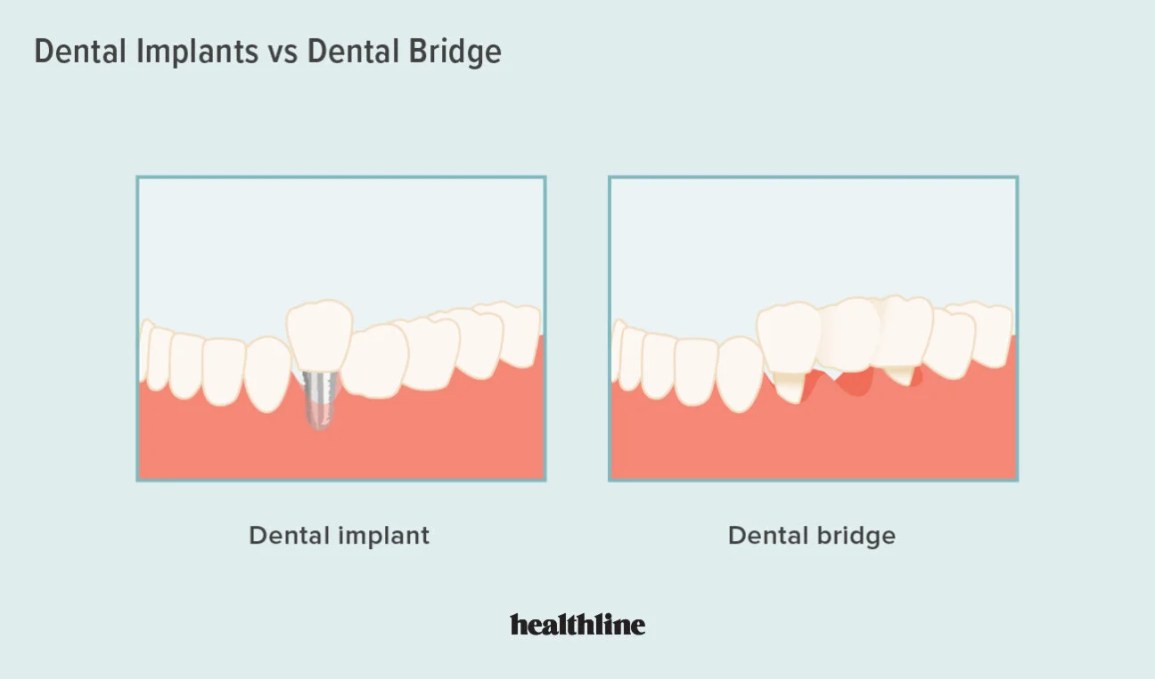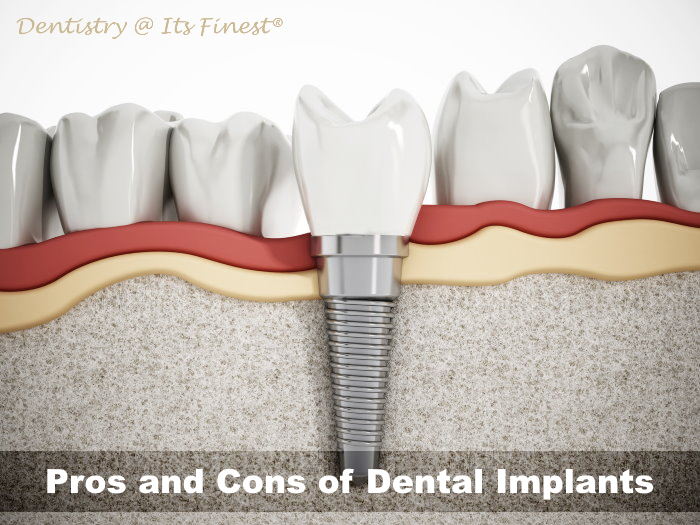Introduction
Dental implants have revolutionized the field of dentistry, providing a long-lasting solution for missing teeth. With various implant procedures available, it’s important to understand the pros and cons of each option. In this article, we will explore different dental implant procedures and discuss their advantages and disadvantages.
Endosteal Implants
Pros:
- Considered the most common and reliable dental implant procedure.
- Offers a strong foundation for single or multiple tooth replacements.
- Provides excellent stability and durability.
- Can support dental bridges and dentures.
Cons:
- Requires a healthy jawbone for successful implantation.
- May involve a longer healing period compared to other procedures.
- More invasive and may cause discomfort during the recovery phase.
Subperiosteal Implants
Pros:
- Beneficial for patients with insufficient jawbone height or density.
- Does not require bone grafting.
- Offers a quicker and less invasive procedure compared to endosteal implants.
- Can support multiple tooth replacements.
Cons:
- May not provide the same level of stability as endosteal implants.
- Higher risk of complications such as infection or implant failure.
- Not suitable for patients with severe bone loss.
All-on-4 Implants
Pros:
- Allows for a full arch of teeth to be supported by only four implants.
- Minimally invasive procedure with a shorter recovery time.
- Can be a cost-effective solution compared to individual implants.
- Provides immediate functionality and aesthetic improvement.
Summary

Dental implant procedures offer a range of benefits, but it’s crucial to consider the drawbacks as well. Here is a summary of the pros and cons of different dental implant procedures:
- Traditional Implants: Traditional dental implants are the most common and reliable option. They provide a sturdy foundation for replacement teeth and offer excellent durability. However, the process can be time-consuming, requiring multiple visits and a healing period of several months.
- All-on-4 Implants: All-on-4 implants are a popular choice for individuals who need to replace a full arch of teeth. This procedure involves placing four implants to support a complete set of prosthetic teeth. The main advantage is that it can be completed in a shorter time frame compared to traditional implants. However, the success of this procedure relies on the availability of sufficient bone density.
- Mini Implants: Mini implants are smaller in diameter compared to traditional implants and are often used for patients with limited bone structure. They require less invasive surgery and have a shorter healing period. However, they may not be as durable as traditional implants and are more suitable for stabilizing dentures rather than supporting individual teeth.
- Immediate Load Implants: Immediate load implants, also known as same-day implants, allow for the placement of a temporary crown or bridge on the same day as the implant surgery. This procedure offers the advantage of immediate aesthetic improvement and reduced treatment time. However, not all patients are suitable candidates for immediate load implants, and careful evaluation is necessary.
Ultimately, the choice of dental implant procedure depends on various factors such as t visit homepage he patient’s oral health, bone structure, and personal preferences. Consulting with a qualified dentist or oral surgeon is essential to determine.
- Q: What are the pros and cons of traditional dental implant procedures?
- A: Pros include high success rates, natural-looking results, and long-term durability. Cons may include a longer treatment timeline and the need for sufficient bone density for implant placement.
- Q: What are the pros and cons of mini dental implant procedures?
- A: Pros include a less invasive procedure, shorter treatment time, and lower cost compared to traditional implants. However, mini implants may not be suitable for all cases and may have a slightly lower success rate.
- Q: What are the pros and cons of All-on-4 dental implant procedures?
- A: Pros include a quicker treatment process, reduced need for bone grafting, and immediate restoration of teeth. However, All-on-4 implants may require more maintenance and have a higher initial cost.
- Q: What are the pros and cons of same-day dental implant procedures?
- A: Pros include immediate results, reduced treatment time, and fewer visits to the dentist. However, same-day implants may have a higher risk of complications and may not be suitable for complex cases.
- Q: What are the pros and cons of implant-supported dentures?
- A: Pros include improved stability and functionality compared to traditional dentures, as well as preservation of jawbone. However, implant-supported dentures may require a higher upfront cost and involve a surgical procedure.

Welcome to my website! My name is Ben Stout, and I am a dedicated and passionate Dental Hygienist with years of experience in the field. I am thrilled to share my knowledge and expertise with you through this platform.
As a Dental Hygienist, my primary goal is to ensure optimal oral health for my patients. I firmly believe that a healthy smile is not only aesthetically pleasing but also crucial for overall well-being.



